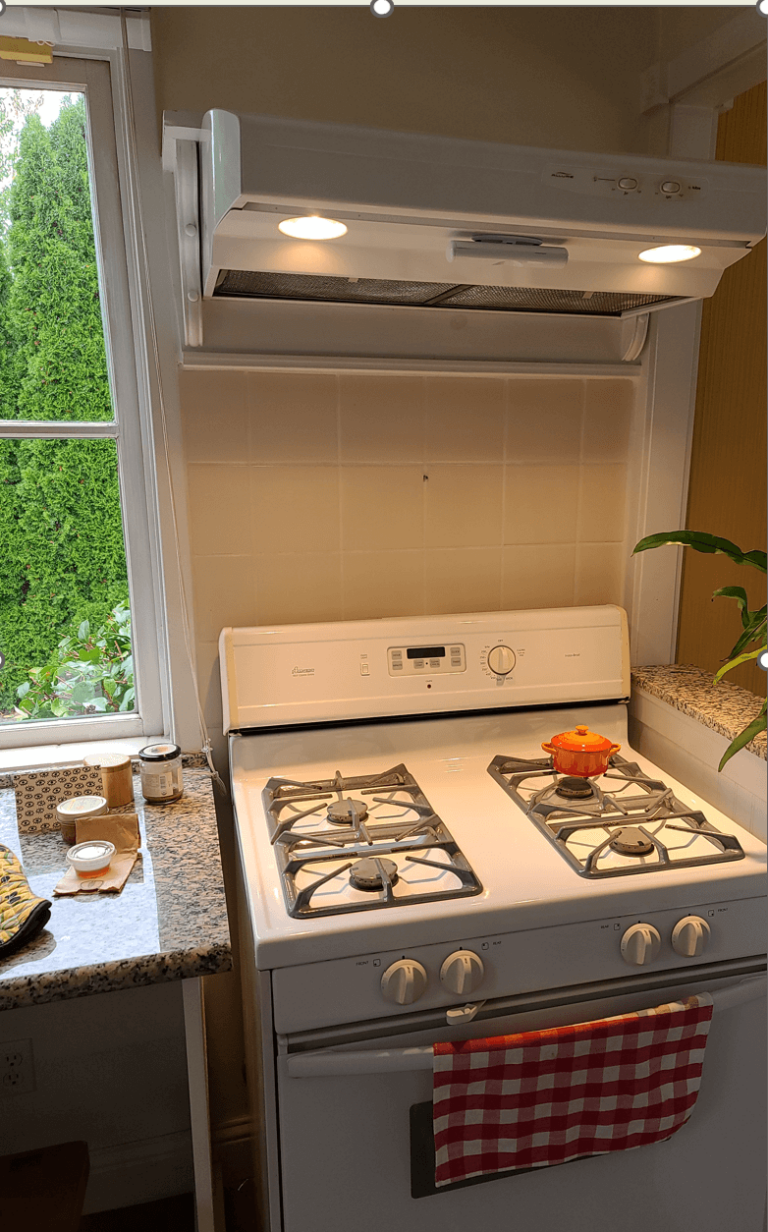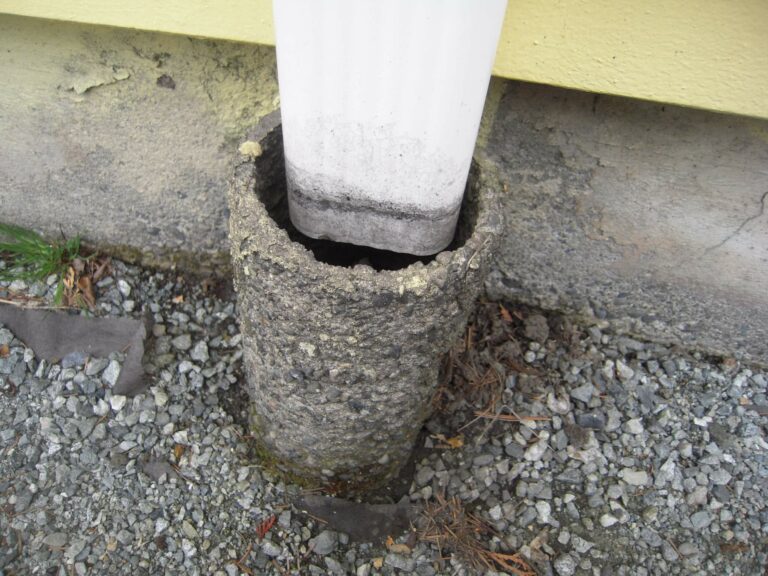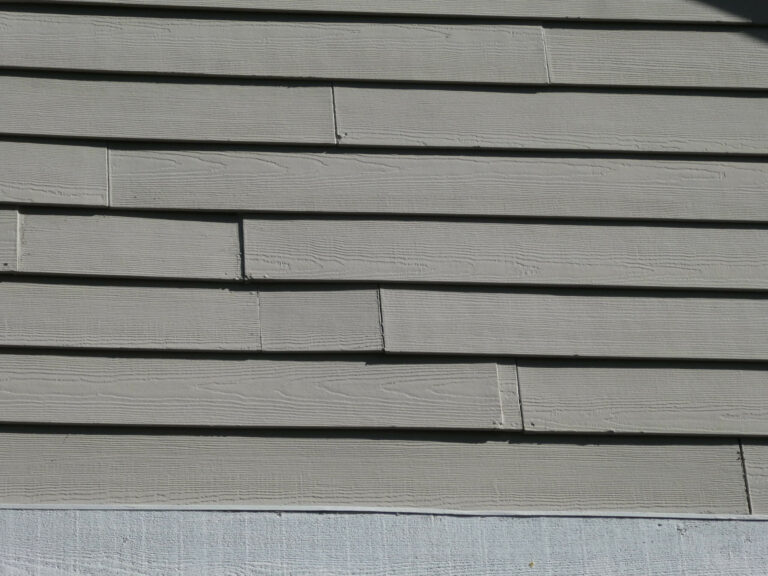When the residential real estate market slows, many home inspectors feel the impact immediately. Fewer listings and longer days on market inevitably lead to fewer inspection opportunities. But for inspectors willing to broaden their skills and service offerings, commercial inspections present one of the strongest—and most reliable—avenues for business growth.

Commercial buildings are always being bought, sold, leased, remodeled, and repurposed. Even when the housing market cools, commercial activity tends to remain steady. Property investors, building owners, tenants, and lenders all depend on accurate information to make decisions, and that means they need qualified inspectors.
Here’s why commercial inspections offer such a valuable opportunity for home inspectors looking to stabilize and grow their business.
1. Commercial Work is Less Dependent on Market Cycles
Residential markets fluctuate quickly with interest rates and consumer confidence. In contrast, commercial real estate tends to move in longer, steadier cycles. Investors often see slowdowns as buying or redevelopment opportunities—and inspections are part of that process. Retail spaces, warehouses, office suites, light industrial buildings, and mixed-use facilities continue to change hands or tenants regardless of what the residential market is doing.
For inspectors, this translates to more consistent demand.
2. Higher Fees and More Profitable Jobs
Commercial inspections typically command higher fees than residential jobs. Even small commercial units can exceed the price of a typical home inspection, and larger buildings often involve multi-day projects with premium compensation.
Additionally:
- Many commercial clients understand the value of detailed reporting. If you’re using a powerful report writer like ScribeWare, this will help you stand out in the market.
- Larger properties mean larger scopes… and larger invoices.
- Add-on services such as infrared, sewer scoping, drone imaging, reserve studies, or environmental screening integrate naturally.
Commercial work can help inspectors maintain strong revenue even when residential inspections decline.
3. Commercial Clients Value Efficiency and Expertise—A Chance to Stand Out
Unlike typical homebuyers, commercial clients are usually investors, property managers, or business owners. They want clarity, scope, and reliable timelines. Inspectors who can deliver organized reports, strong communication, and a professional process quickly become go-to providers in their region.
For inspectors used to producing high-quality residential reports, like those produced by ScribeWare, commercial inspections can feel like a natural extension—just with more emphasis on systems, safety, and performance.
4. Opportunities for Team Inspections and Scalability
Commercial buildings can be large and complex. While that may intimidate newer inspectors, it’s actually a major advantage. The commercial sector rewards team inspections, where specialized trades or additional inspectors join the project. This allows:
- More collaboration
- Faster onsite times
- Shared expertise
- Ability to take on larger properties
- Potential for scaling your business
It also means inspectors don’t have to “know everything” themselves—they just need to manage the process and bring the right specialists when needed. Just make sure your report software has features built for teams, like automatic syncing, library and template syncing, and required item review (check out our features for multi-inspector firms here).
5. Commercial Inspections Build Long-Term Clients
Residential inspectors may perform one inspection for a single client, maybe two. Commercial inspectors, on the other hand, can gain repeat clients who regularly buy or lease properties and require recurring assessments.
Examples include:
- Property management firms
- Real estate investors
- Developers
- Franchises and chain businesses
- Municipal or nonprofit agencies
These relationships can become reliable pipelines of steady work… and positive, predictable revenue.
Conclusion: A Smart Pivot for Inspectors in Changing Times
As the residential market continues to ebb and flow, diversifying into commercial inspections is one of the most resilient strategies available to home inspectors. It opens the door to:
- Higher earnings
- More consistent work
- Long-term client relationships
- Broader professional expertise
- Business stability, regardless of housing trends
Training, standards of practice, and industry resources for commercial inspections are widely available, making it easier than ever for residential inspectors to step into this space responsibly and professionally.
Inspectors who invest in commercial training, refine their reporting tools, and learn to market to commercial clients can build a stronger, more future-proof business. In a shifting market, commercial inspections aren’t just an alternative—they’re a strategic opportunity for real, sustainable growth.
About the Author
Dylan Chalk is the owner of Orca Inspections and a co-founder of ScribeWare inspection report software, a powerful report-writer with purpose-built tools that stand out for multi-inspector and commercial inspection jobs. He is a published author, speaker, a past president of ASHI Washington, is certified by Inspection Training Associates (ITA), a member of the American Society of Home Inspectors (ASHI), and has performed more than 8,000 structural home inspections.





